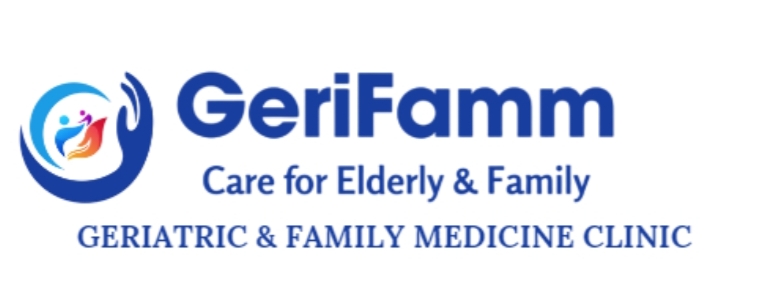Lifestyle Diseases Management

Lifestyle Diseases Management
Lifestyle diseases, also known as non-communicable diseases (NCDs), are primarily caused by unhealthy lifestyle choices and behaviors. These include conditions like obesity, diabetes, hypertension, heart disease, and certain types of cancer. The management of lifestyle diseases is focused on preventing the onset of these diseases or controlling their progression through lifestyle modifications, medical treatments, and ongoing monitoring.
Dietary Modifications: Nutrition plays a central role in managing lifestyle diseases. A balanced diet, rich in fruits, vegetables, whole grains, lean proteins, and healthy fats, helps manage weight, blood pressure, cholesterol, and blood sugar levels. Specific dietary changes may be recommended depending on the condition (e.g., low-sodium diets for hypertension or low-carb diets for diabetes).
Physical Activity: Regular exercise is essential in the prevention and management of lifestyle diseases. It helps control weight, improves cardiovascular health, regulates blood sugar, and reduces stress. Healthcare providers may recommend specific exercise routines based on the individual’s condition and fitness level.
Weight Management: For conditions like obesity and type 2 diabetes, maintaining a healthy weight is critical. A combination of diet and exercise helps reduce the risk of complications, such as heart disease and joint problems.
Stress Management: Chronic stress can contribute to the development and worsening of lifestyle diseases. Techniques such as mindfulness, meditation, yoga, and counseling can help manage stress and improve mental health.
Medications: In some cases, medications may be necessary to control blood pressure, blood sugar, cholesterol, or other related conditions. These medications are often prescribed in conjunction with lifestyle changes.
Regular Monitoring: Ongoing monitoring of key health metrics—such as blood pressure, blood sugar, and cholesterol levels—is crucial to managing lifestyle diseases and preventing complications. Routine check-ups help ensure that the disease is being effectively controlled.
By focusing on healthy eating, regular physical activity, weight management, stress reduction, and proper medical management, individuals can reduce the impact of lifestyle diseases and improve their overall health and quality of life.
